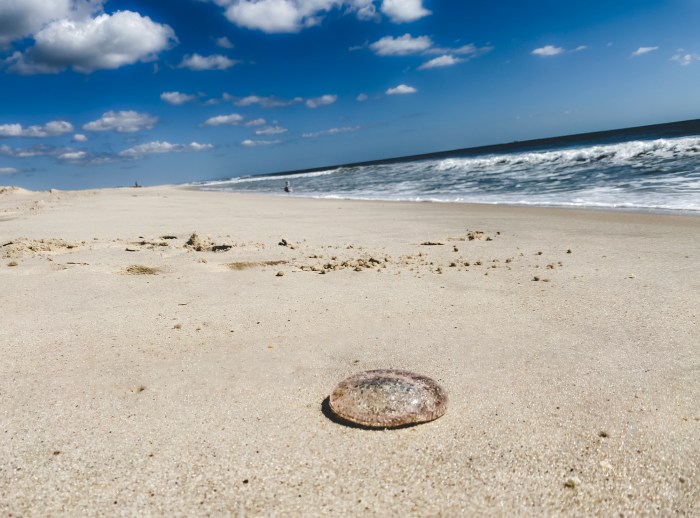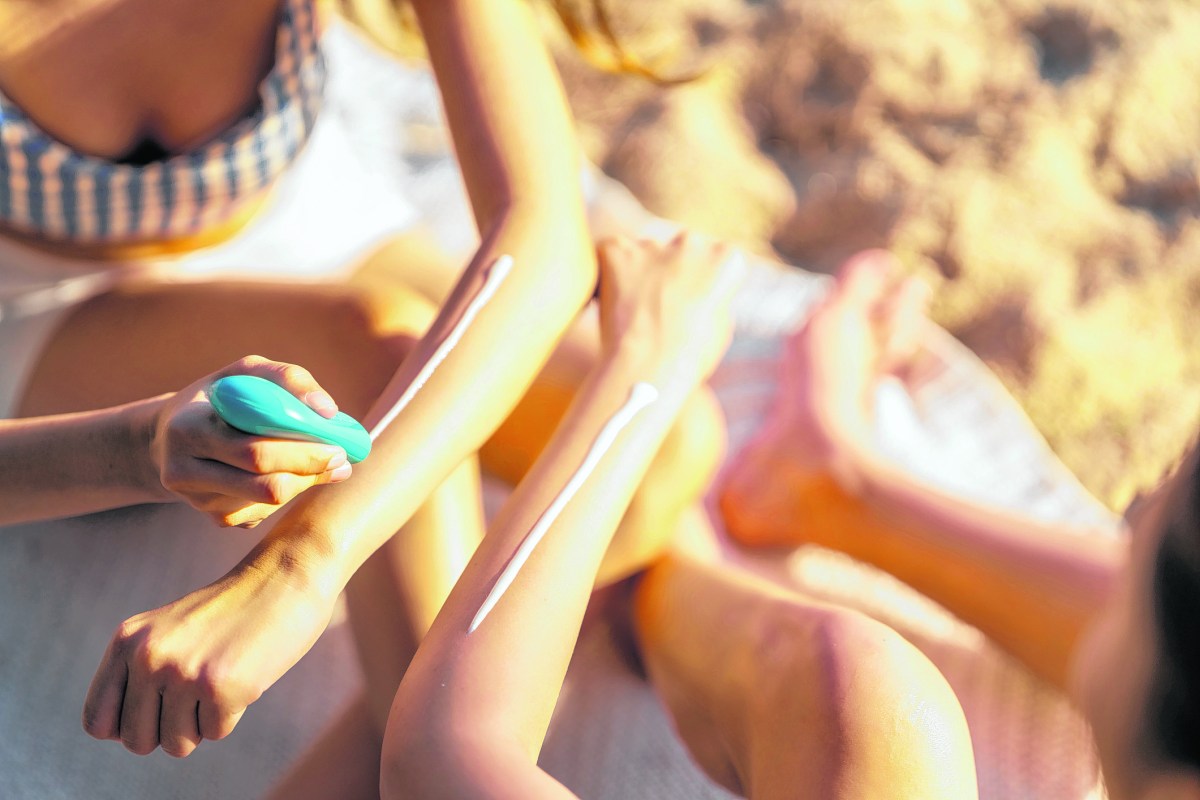Summer is the peak season for various ailments that range from minor to potentially deadly. The best way to deal with the assorted consequences of these five warm-weather maladies is to avoid them in the first place.
SUNBURN
Many people have an overly casual attitude about exposure to the sun, said Payal Sud, M.D., associate chair of emergency medicine at North Shore University Hospital in Manhasset.
“If they get sunburned, they may say, ‘So what, everybody gets a little sunburn,’” she said. “Or they may try to get a tan.”
But beyond the short-term discomfort of a sunburn, a history of sunburns, or tanning increases your risk of skin cancer.
By making sun protection a daily habit, you can both prevent sunburn and lower your skin cancer risk.
“Try to avoid planning outdoor activities between 10 a.m. and 4 p.m.,” Sud said. “If you need to be outside, seek shade where possible. Wear a hat and protective clothing, and most importantly, use sunscreen with an SPF of 30 or higher.”
Sunscreen application shouldn’t be one and done.
“Reapply it every two hours, and right after you go swimming, even if the sunscreen is waterproof,” said Jacqueline Bober, D.O., an attending emergency room pediatric physician at Stony Brook Children’s Hospital. “Don’t forget behind the ears, the back of your neck, or the top of your head if there’s a bald spot. For kids, a bar sunscreen works well for the face and makes it easier to avoid the eyes.”
Be sure to choose a wide-brimmed hat when going out this summer.
“Baseball caps don’t cover the ears, which are a big spot for skin cancer,” Bober said.
If you get sunburn, cool compresses and aloe vera may provide some relief.
“If it starts peeling, let it peel on its own,” Dr. Sud said, noting that picking at it can cause bleeding and infection.
Read also: Measles on the rise: Inside the beliefs of Long Island’s ‘medical freedom’ families
TICK-BORNE ILLNESSES
Tick bites can cause various diseases, but Lyme disease is the biggest concern in the Northeast, and its risk is highest in the summer. Lyme disease is caused by bacteria that is transmitted through bites by infected deer ticks.
Lower your risk by cutting your grass and, if you get deer in your yard, consider having the property sprayed.
“Avoid contact with tall grasses, shrubs and wooded areas,” Sud said. “If you go in the woods, use insect repellent and wear long pants, long sleeves and a cap.”
Tuck your pants into your socks, which creates a barrier; ticks commonly get in over the socks and under the pants. Ticks are dark, so it’s easier to see them on light-colored clothing. When you come back inside, thoroughly check yourself, your kids and your pets.
“Have someone check your scalp and hard-to-see places like behind the ears,” Bober said.
If you find a tick, remove it as soon as possible using tweezers. Grasp the tick close to the skin and pull it away with even pressure. If the tick is removed within 24 hours, and it’s small and doesn’t seem engorged, Lyme disease is highly unlikely. But if the tick is on your skin longer, or you don’t know how long it was there, prophylactic antibiotic treatment may be recommended, particularly if the tick appears engorged. A single dose of doxycycline after a high-risk tick bite has been shown to reduce Lyme disease risk.
Lyme disease is associated with a classic bull’s-eye rash, but it doesn’t happen in all people. “Symptoms could include a rash, fever, muscle pains and a general feeling of unwellness,” Sud said. “It’s important to treat Lyme disease promptly with antibiotics, or it could lead to serious long-term problems” impacting the heart, nervous system and/or joints.
HEAT-RELATED ILLNESSES
Summer is peak season for heat exhaustion and heat stroke, which are caused by exposure to high temperatures, especially with high humidity and/or strenuous physical activity. Heat exhaustion symptoms include headaches, excessive thirst, heavy sweating, dizziness, rapid heartbeat and increased body temperature. If conditions persist, they could progress to heat stroke, a life-threatening condition that may cause confusion, slurred speech, loss of consciousness, and/or seizures.
“On hot days, stay hydrated and limit physical activity, especially during the hottest parts of the day,” Sud said. “Don’t leave kids in a hot car, even for just a minute. If you feel overheated, get to a cool place and drink plenty of fluids. Placing ice packs on the neck, groin and armpits can help cool you down.”
If someone has symptoms of heat stroke, call 911.
“Elderly and pregnant patients and very small children are at increased risk,” Bober said.
MOSQUITO-BORNE ILLNESSES
In the U.S., West Nile virus is the most common mosquito-borne disease and typically occurs in summer or fall. About one in five people who are infected with West Nile have a fever and other symptoms and one in 150 people develop serious illness, which can be fatal.
“We see a couple of cases of West Nile in the ER every year,” Bober said.
As there is no preventive treatment, your best bet is to avoid mosquito bites this summer. Mosquitos breed in standing water, so don’t allow water to collect on your property.
“Wear loose-fitting long-sleeve tops and long pants to minimize the amount of skin exposed, and try to avoid being outside when it’s dark,” Sud said.
Insect repellents, such as DEET spray or oil of lemon eucalyptus candles, are effective at keeping mosquitoes away. Use mosquito nets around baby strollers or bedding when camping.
Seek medical care if you have been bitten and you are experiencing symptoms such as a fever and headaches.
JELLYFISH STINGS
Jellyfish are unwelcome sightings at the beach, and it’s best to steer clear of them.
“Pay attention if there are notices warning about jellyfish,” Sud said. “If you are stung, you can remove the stinger with tweezers (or a gloved hand). Vinegar, seawater or hot water can help alleviate the pain.”
Lifeguards typically have a vinegar solution that can be sprayed on the affected skin. Over-the-counter pain relievers like acetaminophen or ibuprofen can also reduce pain, and Benadryl may relieve itchiness, she said.
As Bober notes, Long Island does not have highly venomous jellyfish, and stings are generally mild. However, if you experience systemic issues such as trouble breathing or chest pain, seek immediate medical attention.



































